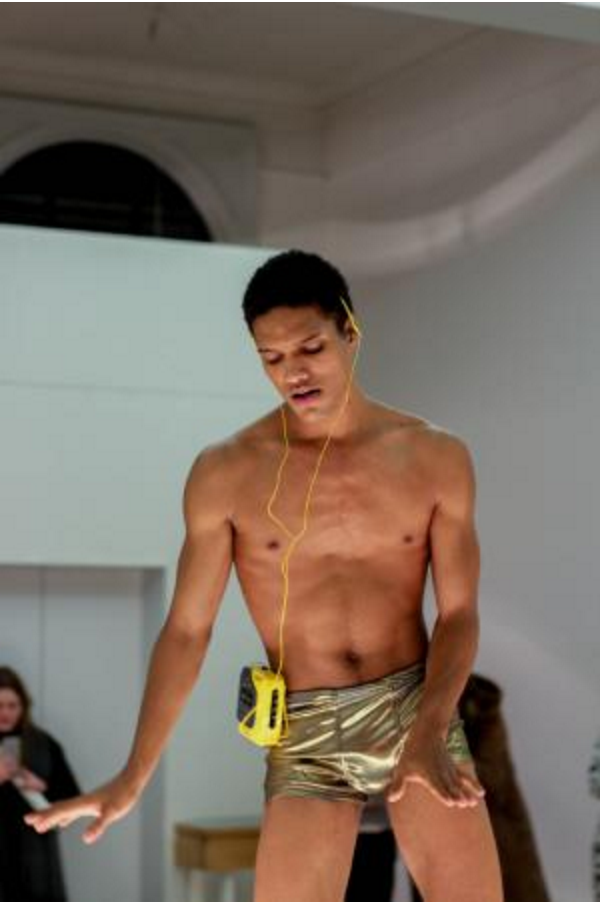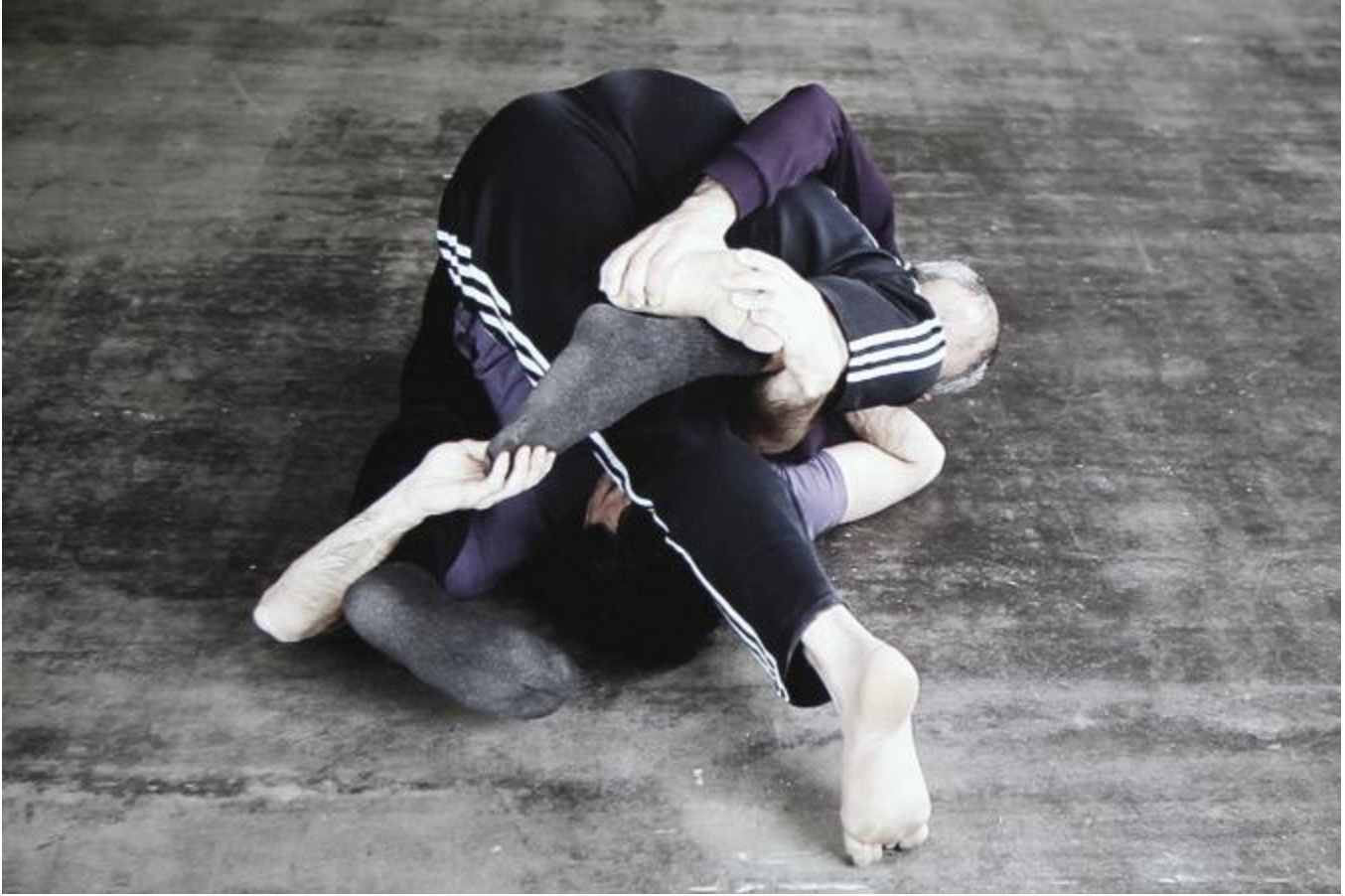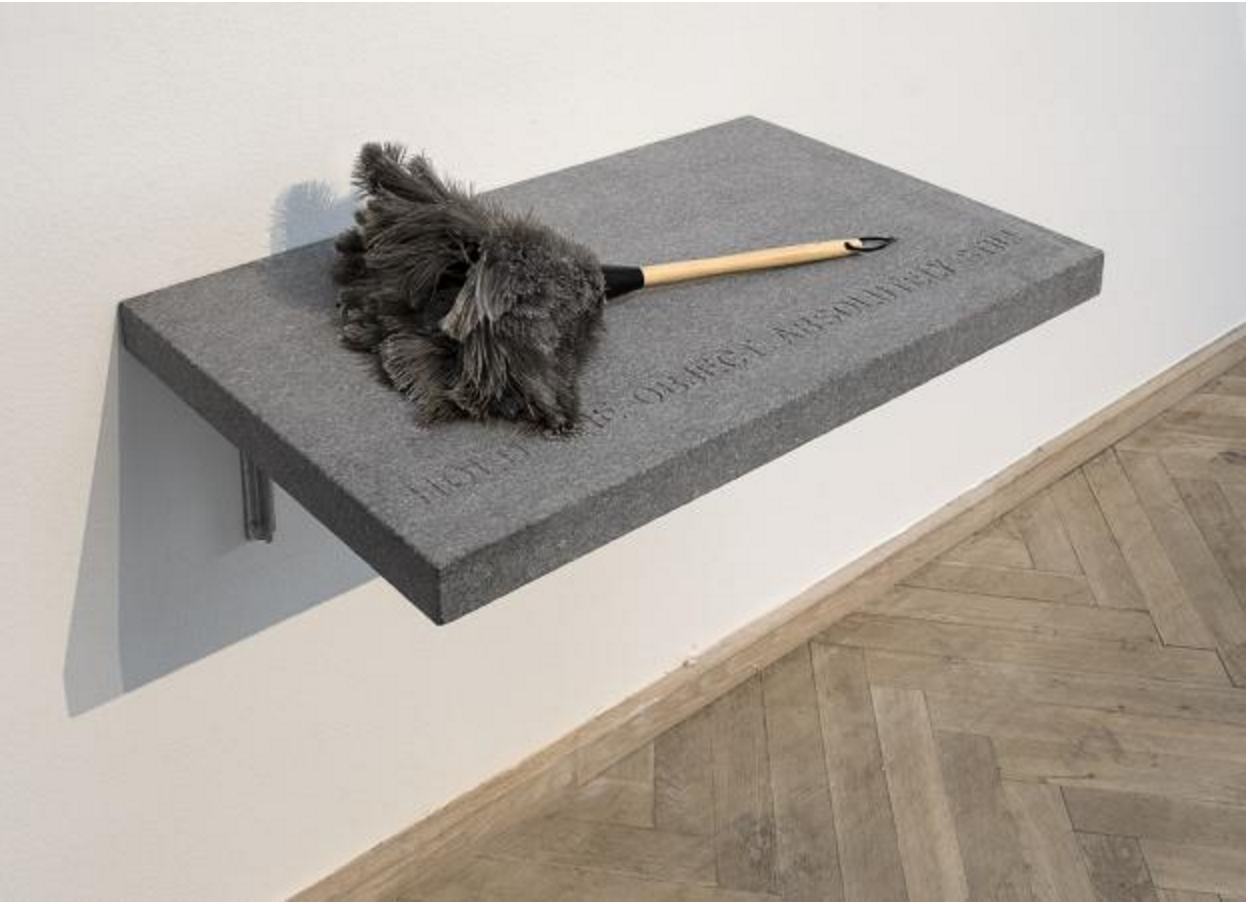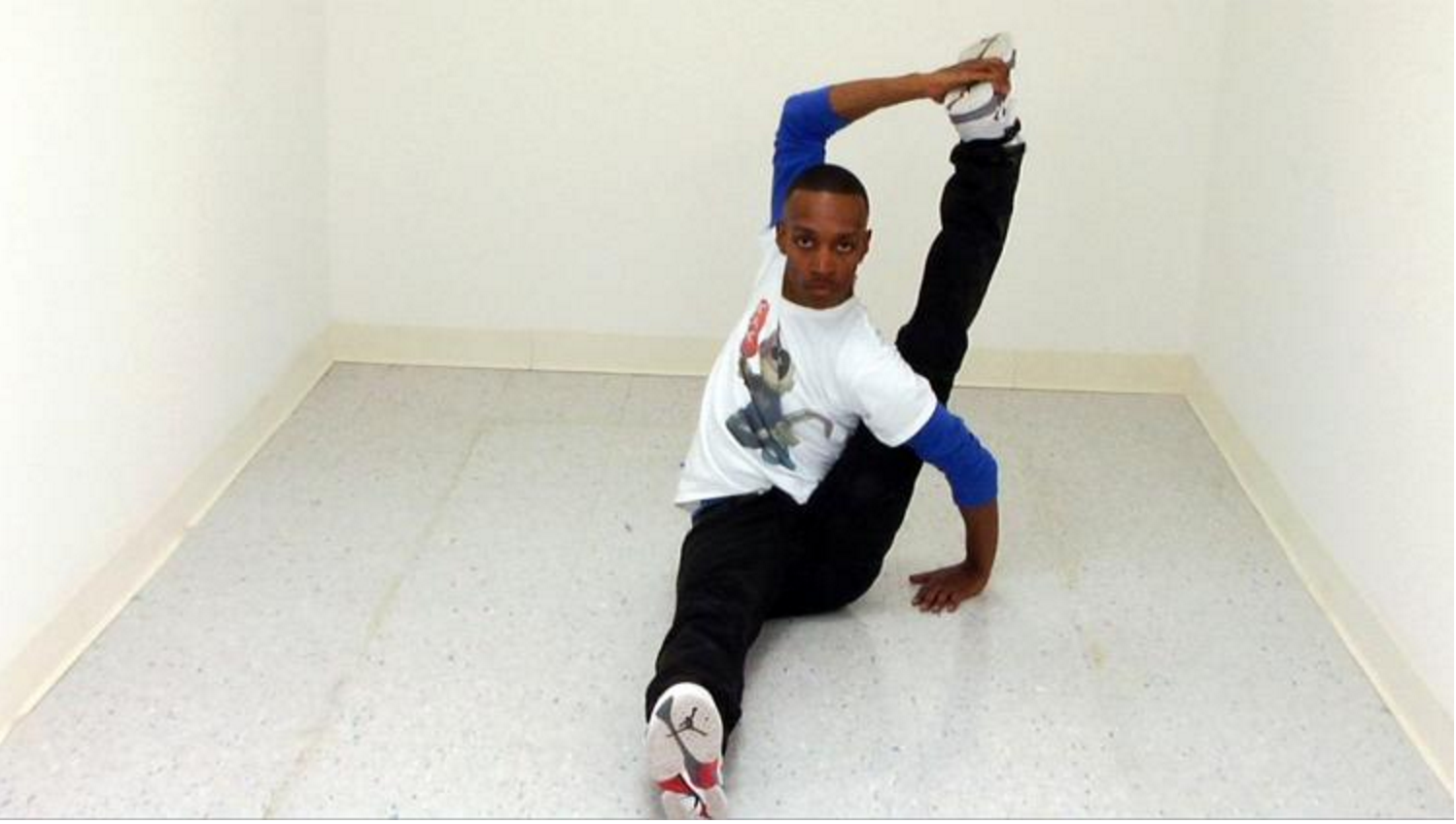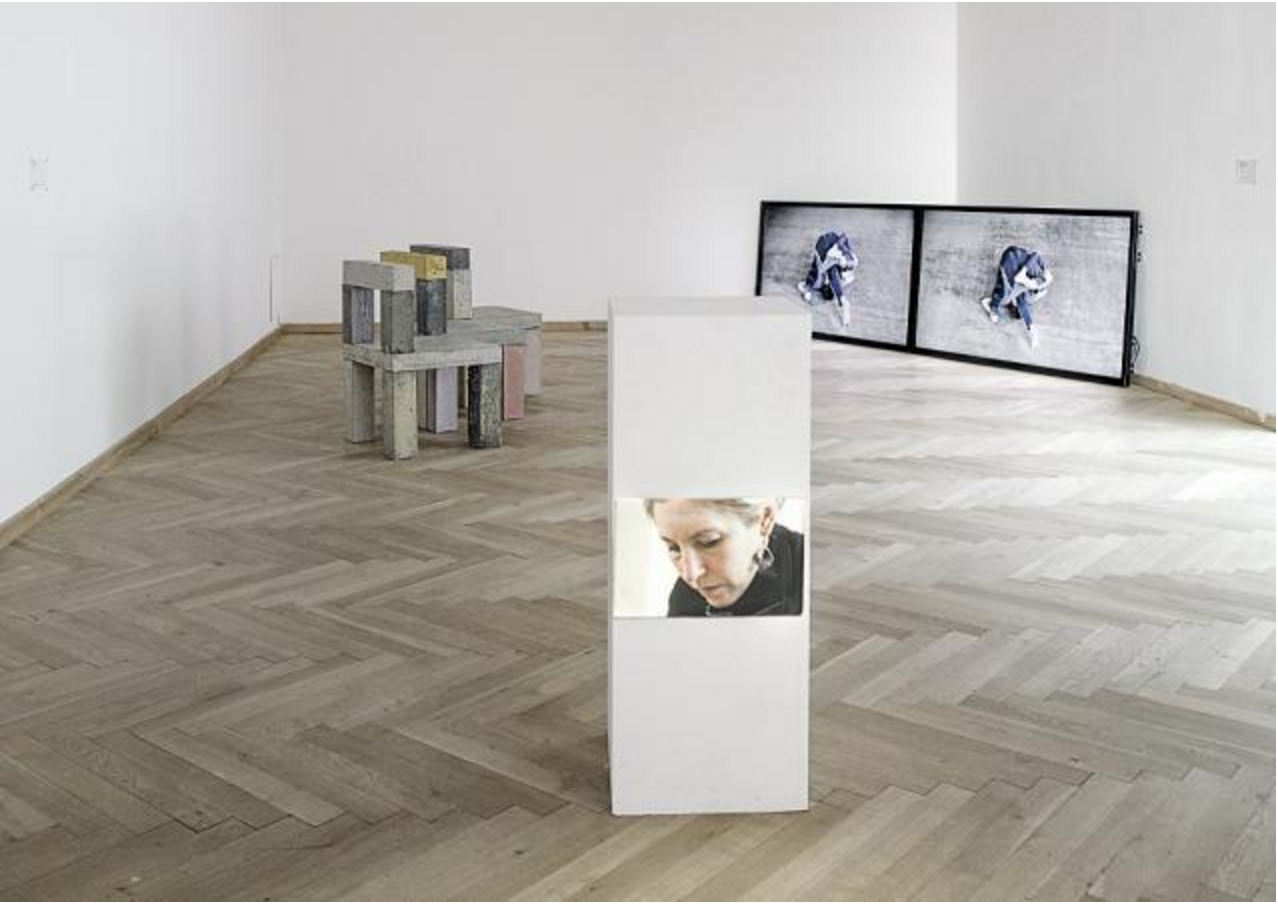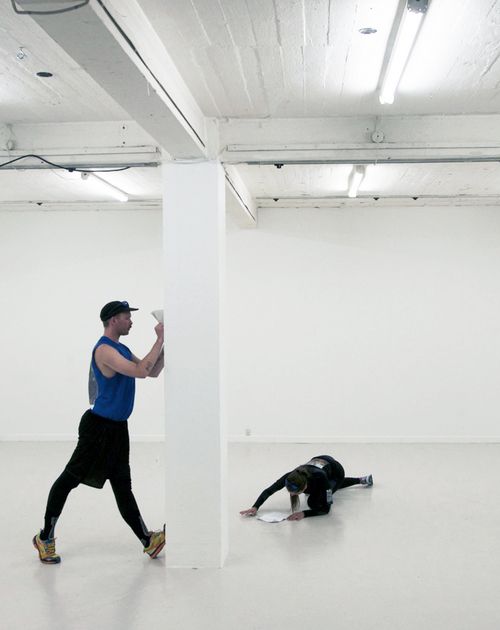
Livsreisen ble til kunst som består
Judit Wellisch Tehel var en ungarsk billedkunstner som bodde store deler av sitt liv i Stavanger. Tross enkelte soloutstillinger, har hennes kunstnerskap vært lite kjent i regionen. Men nylig ble flere av hennes verk innlemmet i Stavanger Kunstmuseums samling, samtidig som en over 400 sider lang monografi om hennes kunstnerskap ble utgitt i Ungarn.
Les kunsthistoriker Arnhild Sunnanås inngående intervju med Wellisch Tehel, som ble gjennomført kort tid før hennes død 5. november 2025: En samtale om bygninger som gråter, flukt gjennom 1960-tallets Europa og livet som østeuropeisk kunstner i Stavanger.
- NO
- 25 February 2026
- Interview

